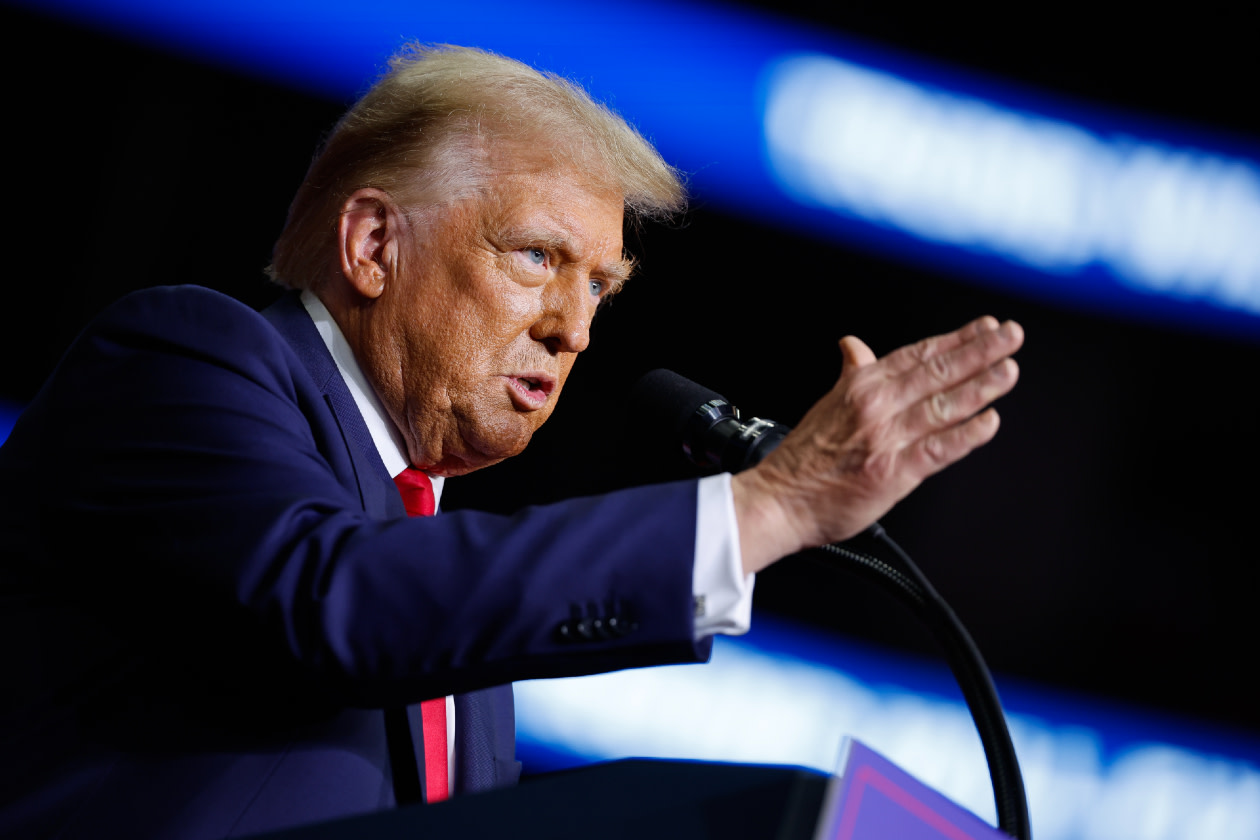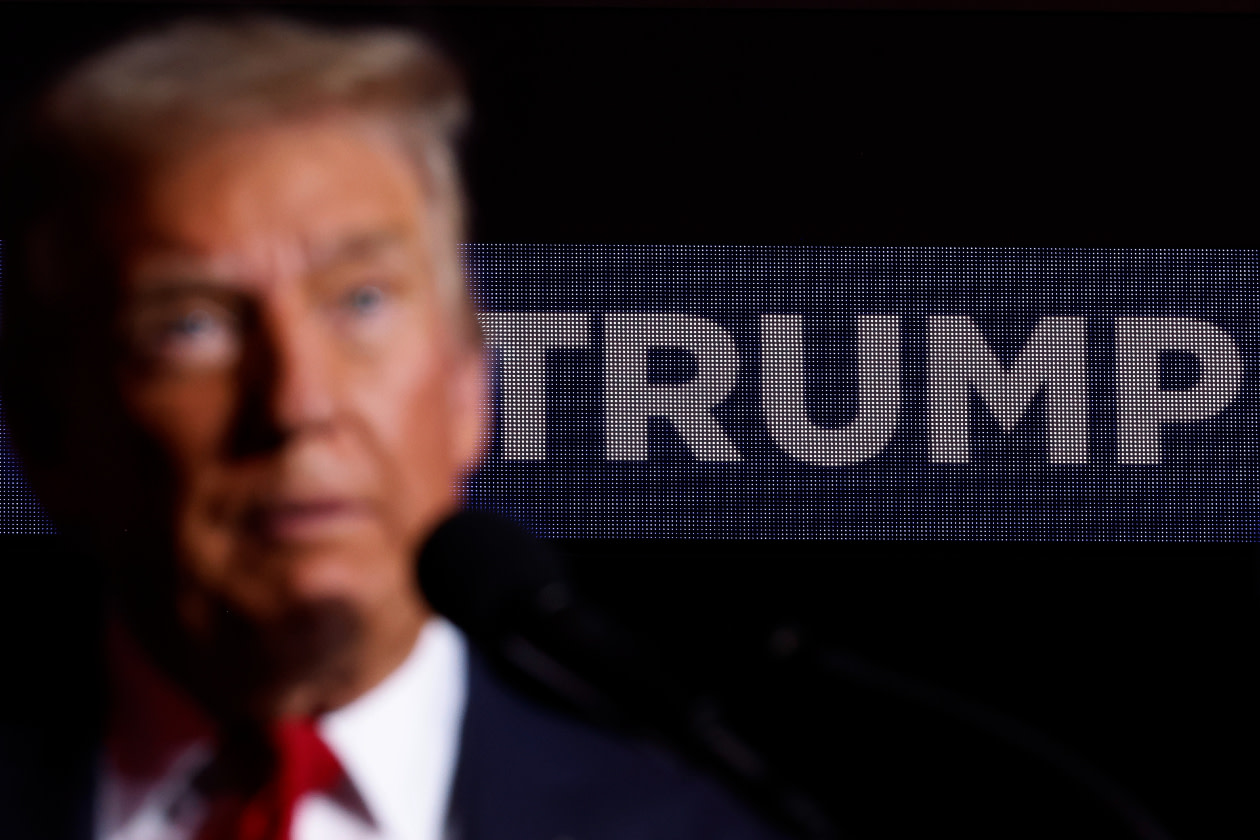The 2024 US Election turned out to be a resounding victory for the Republicans. They defied the national polls and won the presidency, control of the Senate and they’re currently only two seats short of retaining control of the House of Representatives.
But, what does this trifecta of power mean for Trump’s presidency and his policies?
This isn’t personal advice. All investments can rise and fall in value, so you could get back less than you invest. If you’re not sure an investment is right for you, ask for financial advice. Remember, past performance isn’t a guide to the future and no shareholder returns are ever guaranteed.
The importance of the Senate and House of Representatives
The US Senate and the House both have unique powers.
The Senate controls the agenda of Congress, it can ratify treaties and confirm presidential appointments.
The House of Representatives initiates revenue raising bills and initiates impeachment proceedings.
Both the House and the Senate have to pass new legislation into law.
At this stage, Trump appears to have control of all major organs of power in the US for at least two years. He’s also ahead in the popular vote, which gives him an enormous amount of political capital to enact his election pledges.
What are Trump’s main policies?
During the election campaign, Trump’s main policy pledges on the economy included – permanently lower taxes, rebuilding the greatest economy in the world, fair trade for the American worker, unleashing energy dominance and improving healthcare choices at lower cost.
The Trump campaign’s interpretation of fair trade for the American worker includes limiting free and open trade. He said during his campaign that he’ll implement a four-year national reshoring plan, ban Chinese ownership of critical infrastructure, boost domestic supply chains and make America the manufacturing ‘superpower of the world’.
This plan also includes tariffs.
His campaign pledges included a 10% flat-rate tariff on all imported goods to the US, a 60% tariff on Chinese imports and a 100% tariff on car imports.
Some expect Trump’s actual economic legislation to be a watered-down version of his campaign pledges. However, the next two years could see a flurry of economic legislation while Republicans still control the House and the Senate.
What could this mean for the economy?
Initial economic changes under Trump could include extending the Tax Cuts and Jobs Act.
Trump enacted this during his first term in 2017, but it’s set to expire in 2026.
He might also rush through legislation on tariffs.
Reports suggested Trump had asked Robert Lighthizer, the trade representative during his first term who brought in tariffs on Chinese goods, to resume this role for his second term as president.
These reports have been denied, but it suggests that tariffs remain front and centre as we lead up to Trump’s inauguration in January.
What could ‘Trumponomics’ mean for stock markets?
Trumponomics might excite US financial markets, but it’s caused concern in the rest of the world.
In the aftermath of Trump’s election victory, US equity markets reached fresh highs. However, the jubilation was concentrated in the US – the prospect of Trump’s ‘America First’ policy saw European and UK indices underperform their US counterparts.
The Trump trade is not merely good news for stocks – Bitcoin, the major crypto currency, reached a fresh record high and the US bond market was volatile.
US yields had been rising in the run up to the election because Trump’s economic policies are considered inflationary, which could limit the Federal Reserve’s scope to cut interest rates.
The euphoric reaction to Trump’s victory in the US stock market, stands at odds with the potential for rising inflation and a prolonged period of tight monetary policy.
US stocks, especially mid-caps, could struggle if the cost of capital remains high, or if consumption is constrained.
However, with change also comes opportunity.
Companies that are highly exposed to the US and are somewhat ‘inflation-proof’ could do well under Trump.
One of his economic policies is to unleash energy dominance. Since oil companies are also considered to perform well during periods of inflation, the US energy sector could outperform under a Trump regime.
The banking sector also reacted well to Trump’s victory.
The broader US banks index rose to its highest level since the first quarter of 2022 after Trump’s election win.
With Trump at the helm, investors are pricing in the prospect of a less onerous regulatory regime and less stringent capital rules that could boost profits down the line.

It also might not be all bad news for Trump’s trading partners.
New Jersey Governor, Phil Murphy, a Democrat, said that Trump might not include the UK in his tariff plan. Murphy said that the president elect could look favorably on the UK after Brexit, due to his strained relationship with the EU.
That means we could see some UK stock market outperformance if there’s more talk about the UK’s exclusion from Trump’s tariff plans.
Invest in the US with HL
The US makes up over half of the global stock market. It’s the world’s biggest economy and home to some of the globe’s largest companies.
The HL US Fund provides a way to invest in this powerhouse where the hard work is done for you. HL’s experts have handpicked an external team of fund managers, who pick US stocks they believe offer the best potential for long-term performance.
Investing in funds isn’t right for everyone. Investors should only invest if the fund’s objectives are aligned with their own, and there’s a specific need for the type of investment being made. Investors should understand the specific risks of a fund before they invest, and make sure any new investment forms part of a diversified portfolio.
The HL US Fund is managed by Hargreaves Lansdown Fund Managers Ltd., part of the Hargreaves Lansdown Group.
Photo by Chip Somodevilla/Getty Images




